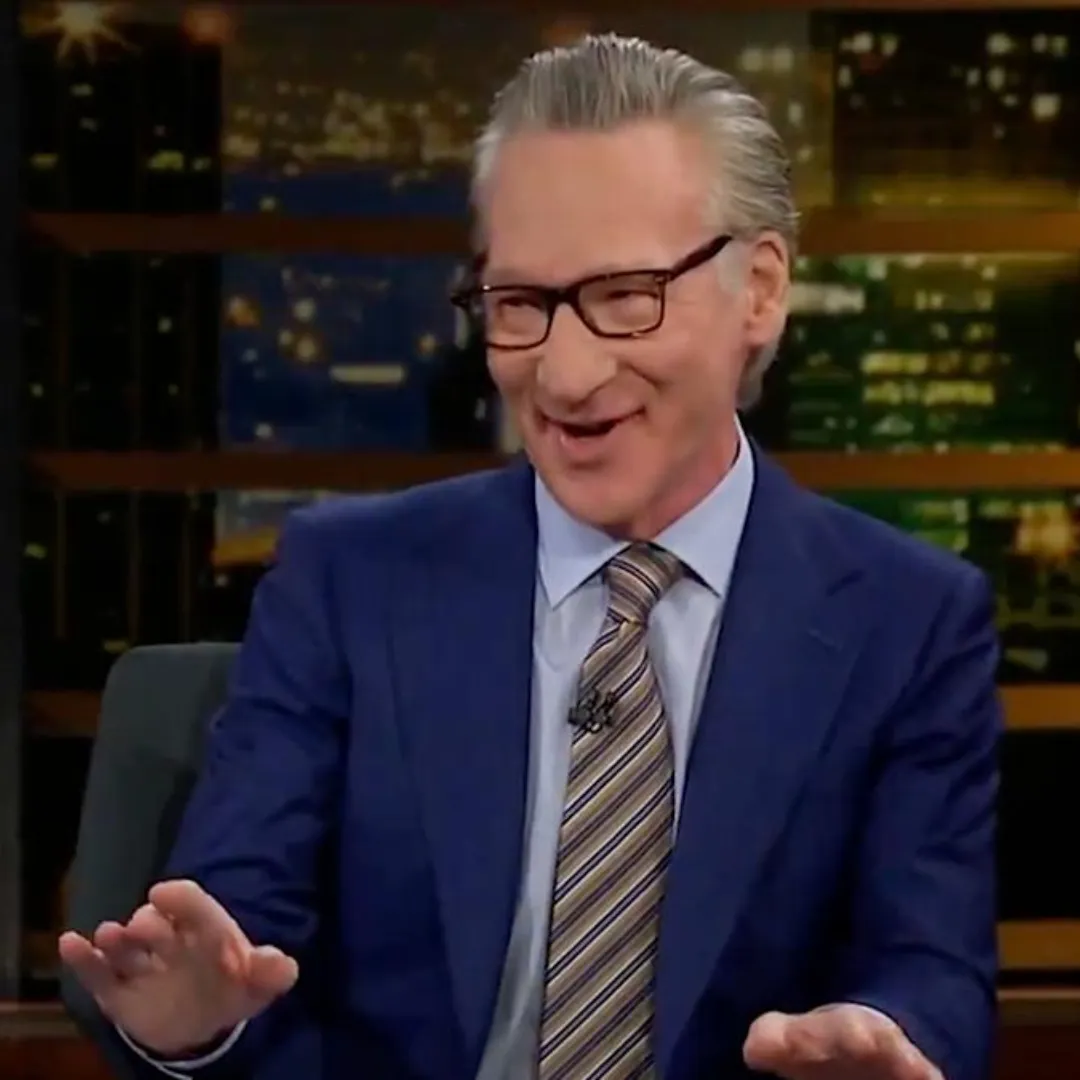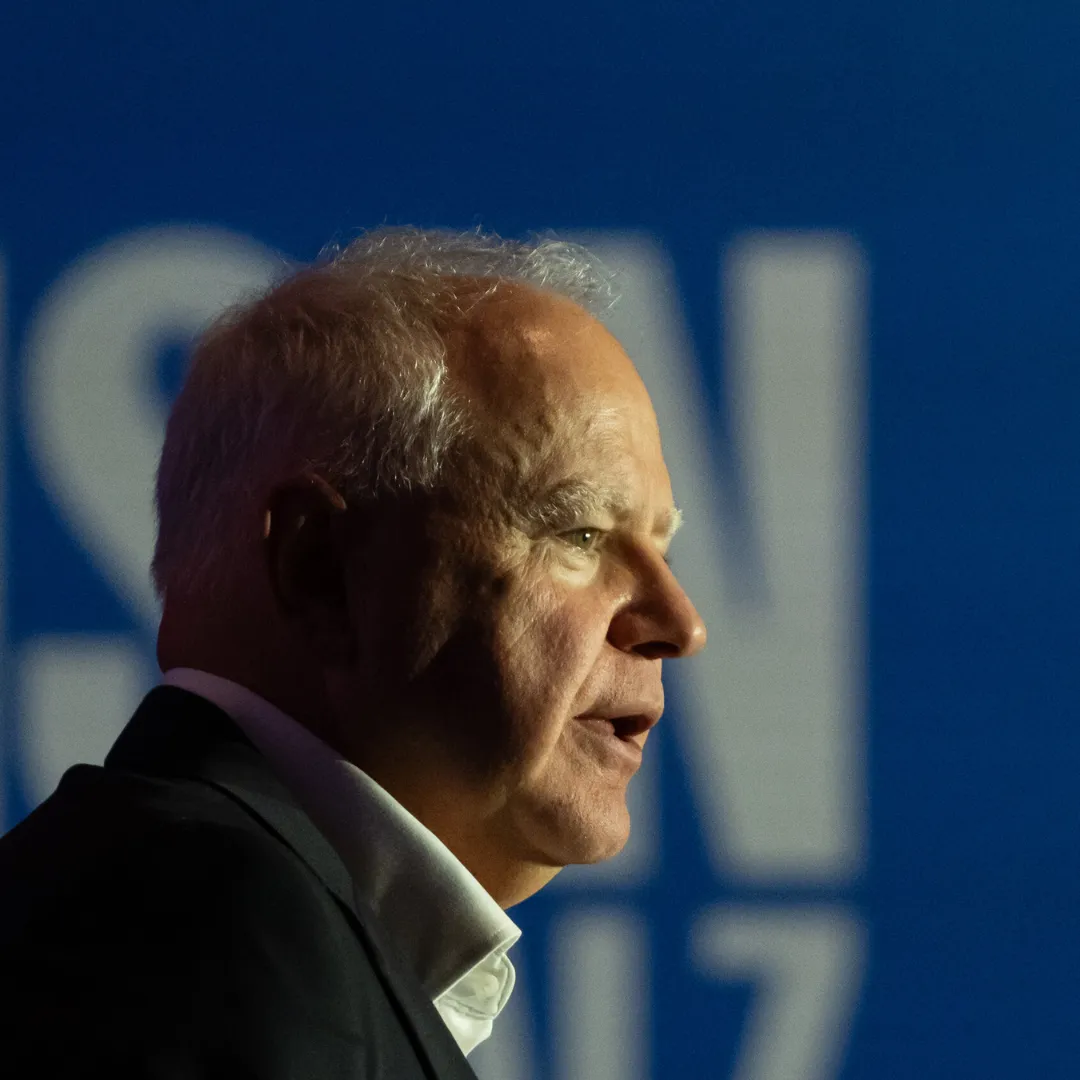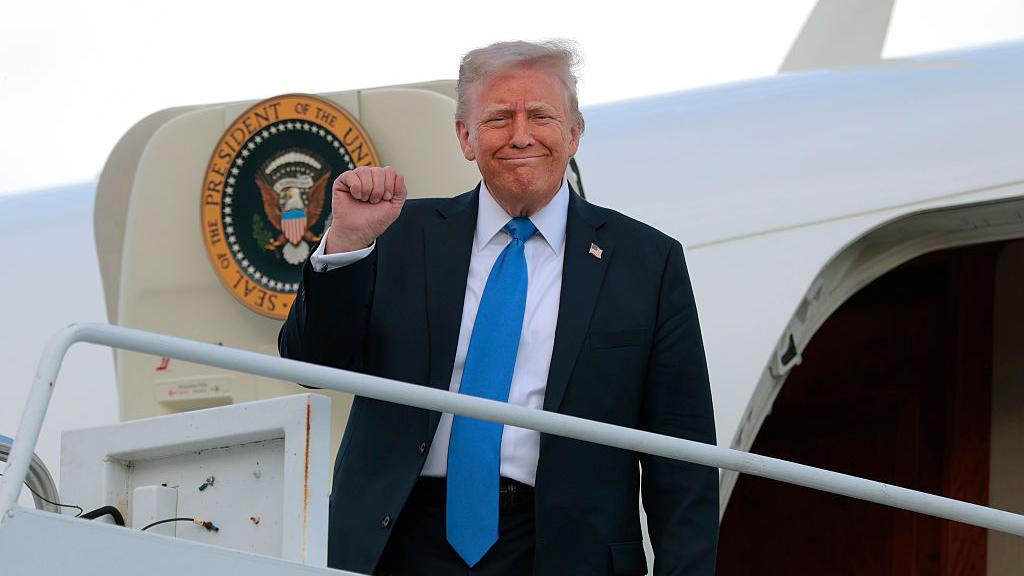
In a flurry of remarks that once again left legal scholars and political observers stunned, former President Donald Trump declared on May 4 that he does not intend to seek a third term in office—while also suggesting he’s unsure whether he must uphold the U.S. Constitution’s guarantee of due process.
The conflicting tone of these statements has deepened questions about his understanding of the limits of presidential power and his willingness to operate within them.
Speaking in an NBC interview on Meet the Press, Trump attempted to clarify his position on presidential term limits, stating, “I’ll be an eight-year president, I’ll be a two-term president. I always thought that was very important.” This marks a shift in tone for the former president, who in the past has floated the idea of remaining in office beyond two terms, despite the clear constitutional prohibition against it.
The 22nd Amendment to the U.S. Constitution, ratified in 1951 following Franklin D. Roosevelt’s four terms, explicitly bars any person from being elected president more than twice.
Still, even while acknowledging this rule, Trump couldn’t resist adding a signature dose of ambiguity. “Some people want me to serve a third term,” he said, leaving open the door to speculation and political intrigue. He then added, “I’m looking to have four great years and turn it over to somebody, ideally a great Republican, a great Republican to carry it forward.”
The remarks signal Trump’s focus on solidifying his influence in shaping the future of the Republican Party, even as he confirms he won’t legally attempt to extend his presidency beyond two terms.
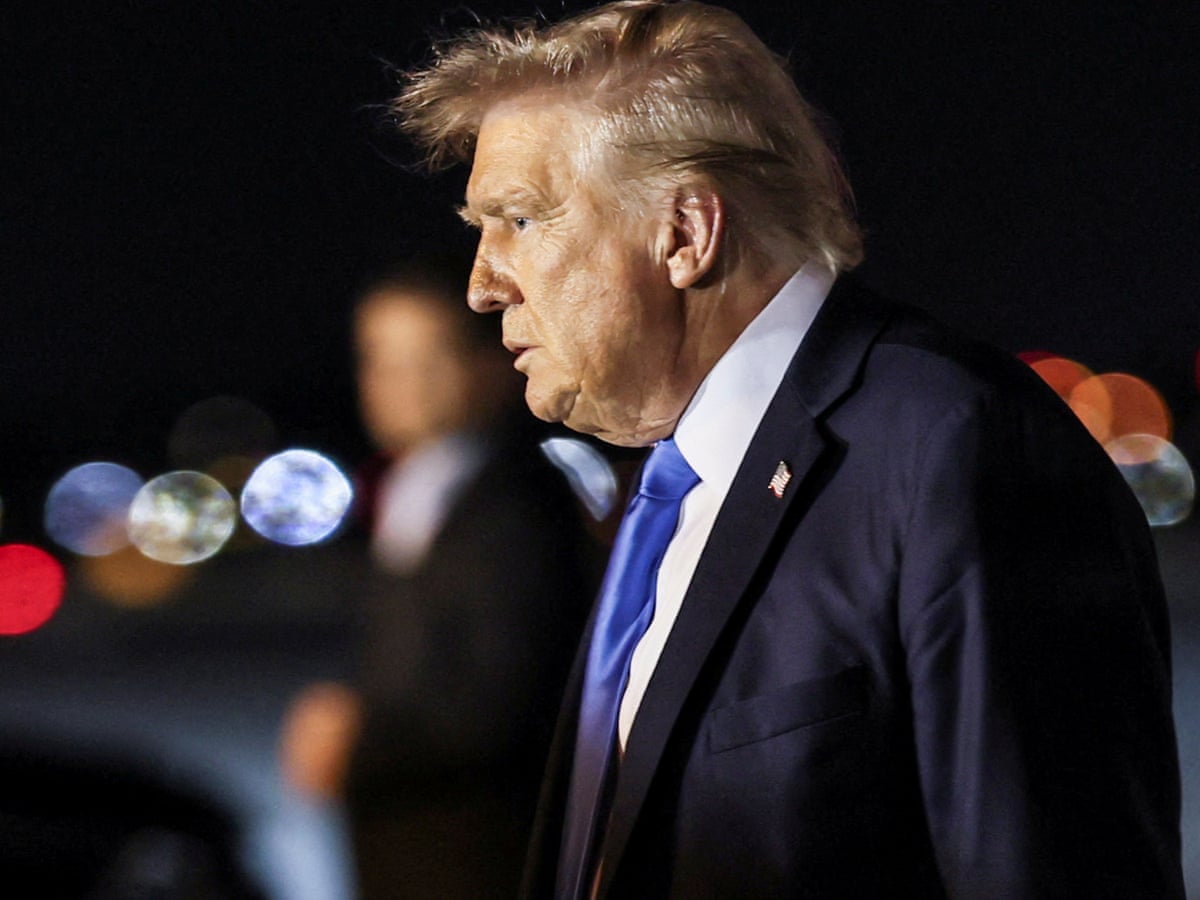
But it was another moment in the same interview that drew perhaps even more alarm. When asked whether the Constitution's promise of due process applies to everyone in the United States—including immigrants and non-citizens—Trump offered a vague and troubling reply.
“I’m not a lawyer. I don’t know,” he said. The response has set off a wave of criticism from civil rights advocates and constitutional experts, who argue that the president’s job is not only to enforce the law but to understand and uphold the foundational legal protections that underpin American democracy.
Trump’s comments come amid a broader climate of legal confrontation and political posturing, as his administration continues to face backlash for a number of controversial policies, particularly in immigration enforcement.
The due process clause, found in both the Fifth and Fourteenth Amendments of the U.S. Constitution, guarantees that no person—citizen or not—shall be “deprived of life, liberty, or property without due process of law.” While Trump has often tried to frame immigration as an area exempt from these protections, courts have repeatedly ruled otherwise.
This is not the first time Trump has appeared to express confusion or disinterest in the legal boundaries of his office. During his first term, he frequently dismissed checks on his power as “witch hunts” and famously declared that Article II of the Constitution gave him “the right to do whatever I want as president.”
His latest remarks about due process only amplify longstanding concerns that he does not view constitutional law as a firm boundary, but rather as a negotiable inconvenience.
Adding to the whirlwind of controversial statements, Trump also refused to rule out the possibility of using military force to seize Greenland—an idea he first floated during his earlier presidency that was widely dismissed as absurd.
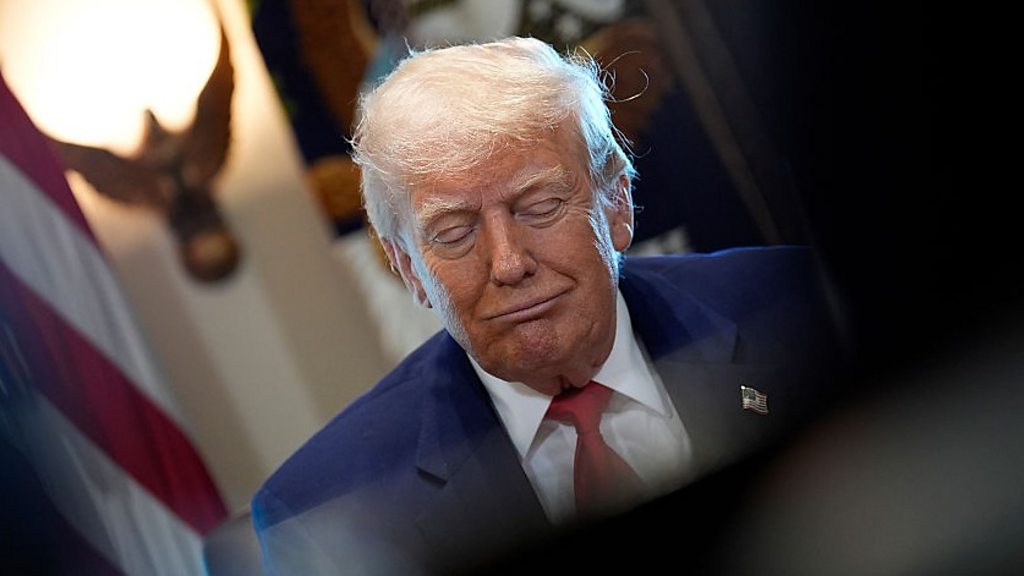
Trump’s obsession with the semi-autonomous Danish territory has resurfaced in recent weeks, once again raising eyebrows in both foreign policy and defense circles. When asked directly whether he would consider using the U.S. military to claim Greenland, Trump said he wouldn’t “rule anything out.”
While it remains unclear whether the comment was a joke, a provocation, or a serious policy suggestion, the lack of clarity has become a hallmark of Trump’s communication style.
The revival of the Greenland issue has also sparked renewed friction with Denmark and NATO allies, many of whom have grown increasingly wary of Trump’s transactional approach to diplomacy and national security.
All of these comments—whether on term limits, due process, or military expansionism—reflect Trump’s ongoing attempt to redefine presidential norms as he eyes a political comeback. Despite ongoing legal troubles and civil lawsuits, Trump continues to dominate the Republican primary field and exert enormous influence over the direction of the party.
His grip on the GOP appears unshaken, and his ability to drive the national conversation through a mix of bombast and unpredictability remains formidable.
Yet his growing list of controversial statements and half-hearted legal acknowledgments are not without consequences. Civil rights groups have expressed concern that Trump’s stance on due process signals a willingness to sidestep legal protections for political expediency.
“It’s deeply alarming for any president—or former president—to say they ‘don’t know’ if they’re required to uphold the Constitution,” said a spokesperson for the ACLU. “That is not an optional part of the job.”
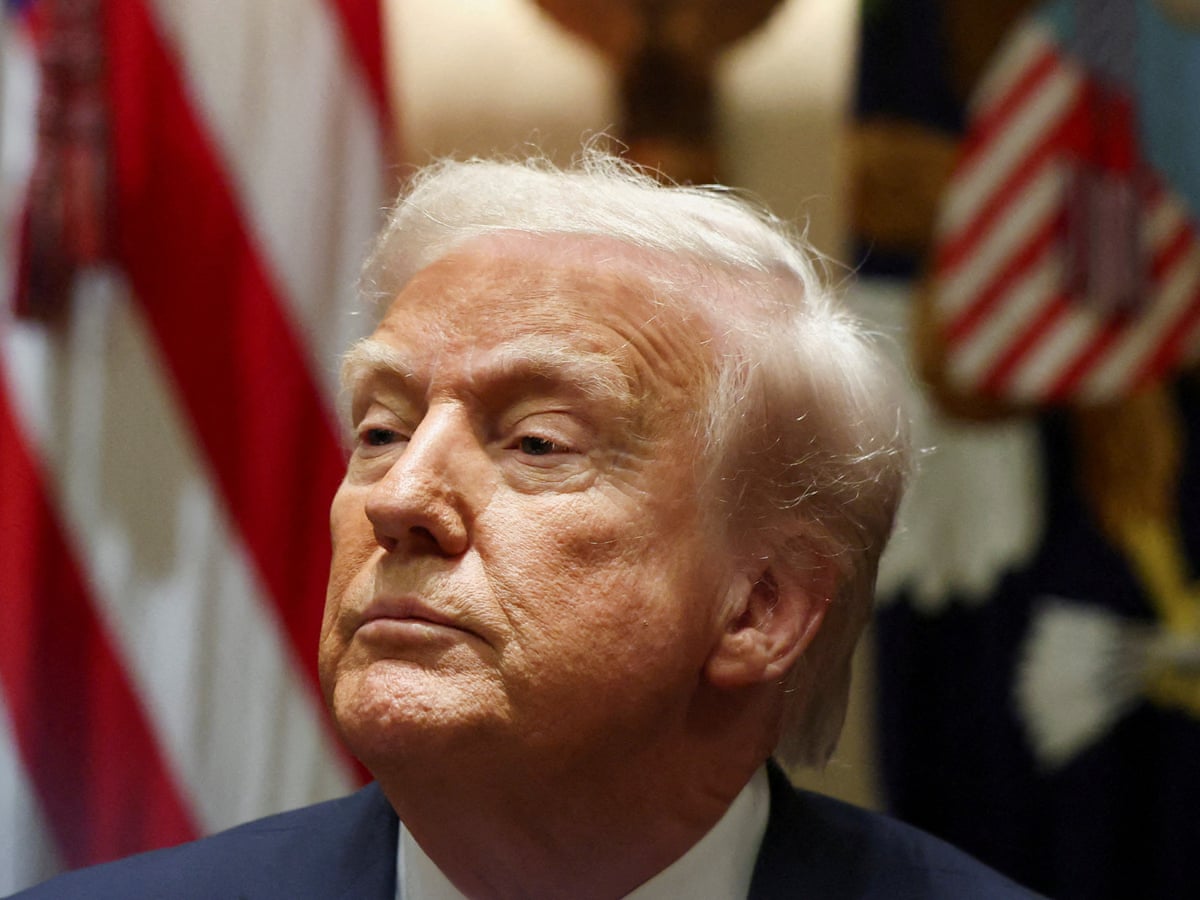
Meanwhile, legal scholars warn that Trump’s repeated flirtations with authoritarian rhetoric, including his refusal to commit to peaceful transfers of power or clear legal norms, have a corrosive effect on democratic institutions.
“The very idea that a president would question due process—or even claim ignorance about it—is profoundly destabilizing,” said one constitutional law professor. “It undermines public trust and invites future abuse.”
Trump’s supporters, however, continue to rally around him, arguing that he is simply speaking plainly and rejecting the scripted language of Washington. Many believe that his blunt style is part of what sets him apart from career politicians and makes him appealing to voters who are frustrated with the political establishment.
But as Trump continues to push the boundaries of legal and political norms, the risks to the rule of law grow more acute. His casual dismissal of constitutional obligations, whether out of ignorance or indifference, sets a dangerous precedent for how future presidents may approach their duties.
Whether or not Trump’s words are part of a deliberate strategy or simply unfiltered stream-of-consciousness, they carry the weight of someone still seeking to shape national policy, public opinion, and party direction.
His promise not to seek a third term may have quelled one constitutional concern, but his ambiguous stance on due process, executive authority, and military intervention has opened a dozen more.
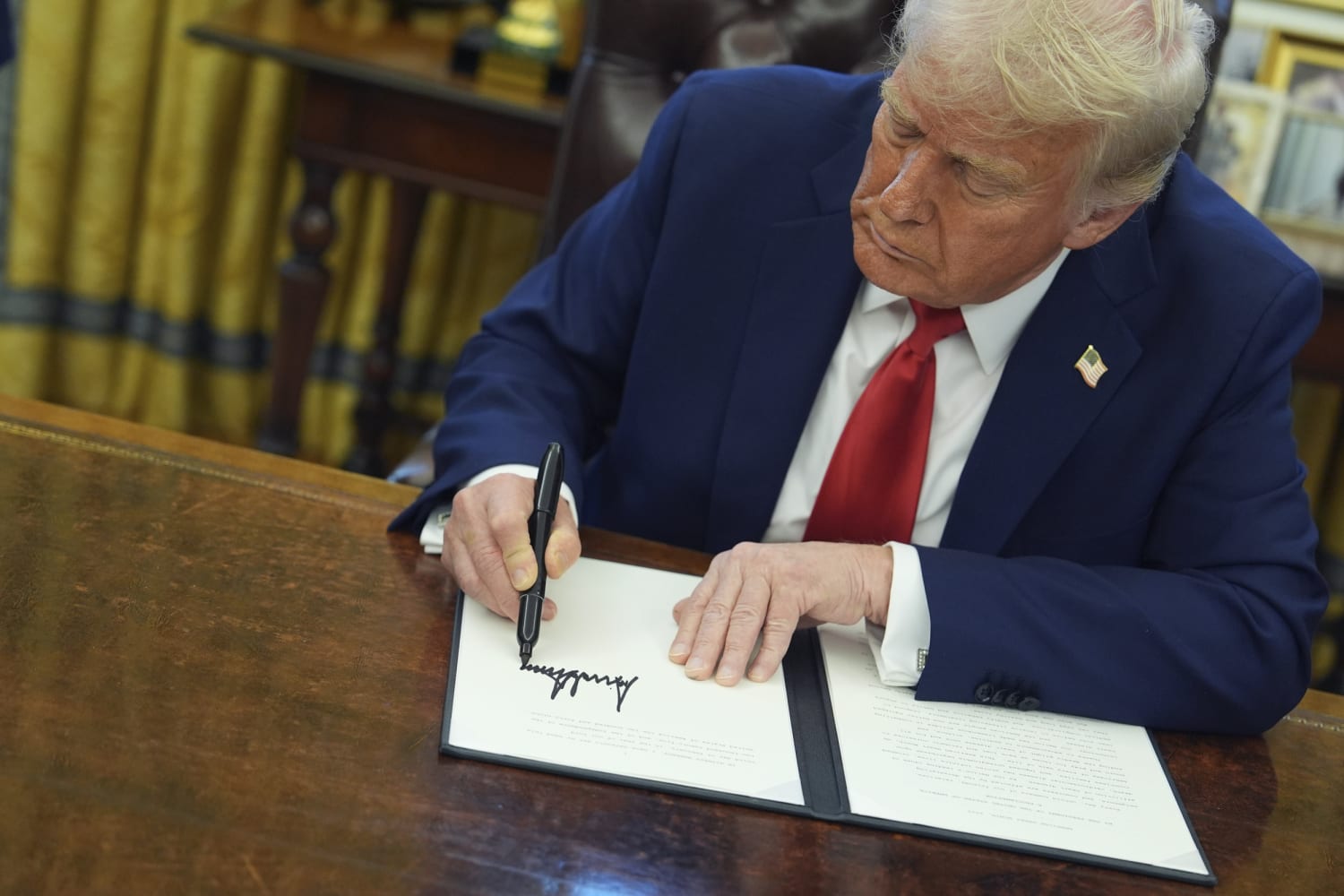
In a political landscape increasingly defined by polarization and disinformation, Trump’s latest remarks are a reminder that the health of American democracy depends not only on laws and institutions, but on the willingness of its leaders to respect and uphold them. And right now, that respect appears to be in short supply.
